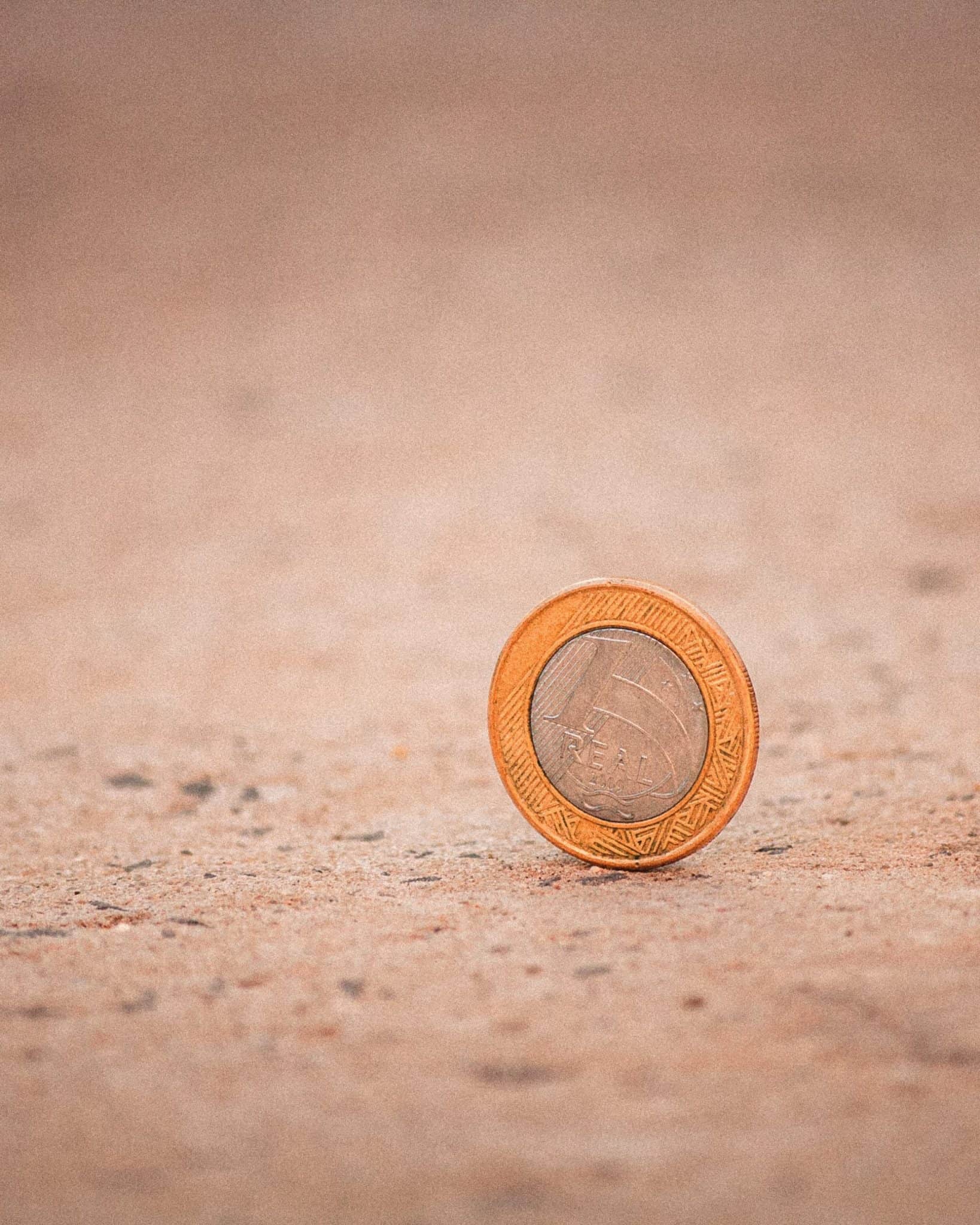
5 Times the Qu’ran Taught Me Wealth Secrets
15 February 2023 7 min read


Adil Hussain
Head of Content
2 min read
Last updated on:
Ramadan is almost upon us and is usually the time when most Muslims pay their zakat for the year. To make things easier for you, we are doing a series on how to calculate zakat on different asset classes.
In this article, we will break down and demonstrate how to calculate your zakat due on any loans you have given out.
This article is part of our Zakat FAQ series. You should also definitely check out our comprehensive zakat calculator.
In short, yes. Money that you have lent out and expect to receive back will incur zakat each year as normal.
You could alternatively wait to receive the money back and then pay zakat on it for all the years that it was owed. This approach would be useful in situations where you are genuinely unsure if the loan would be paid back (i.e. bad debt).
For student loans and Islamic mortgages these are sums you owe – not sums owed to you. You can deduct these from your zakatable assets. You should only deduct what you will pay over the next month or so (although some scholars allow you to deduct what you will pay in the next year).
In short, as you are lending money, all of it is zakatable.
Let’s say Sana has lent out £1000 to her brother Ali to support him in purchasing new furniture for his house. It takes Ali 3 years to pay it back. She should either:
So there we have it. Here is a simple and easy way to calculate your zakat using our comprehensive zakat calculator. We also have a guide on how to rectify your finances during Ramadan to make sure you’re not putting a barrier between yourself and Allah which you can read here.

15 February 2023 7 min read

31 May 2022 10 min read
Leave a Reply